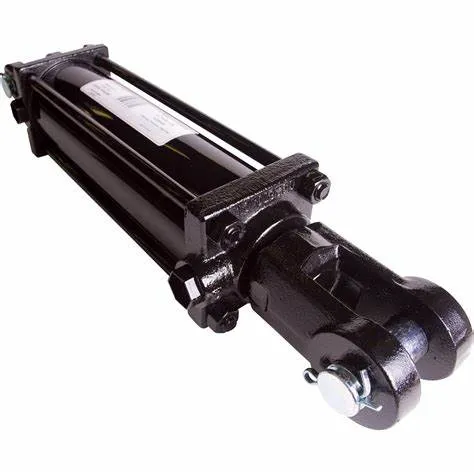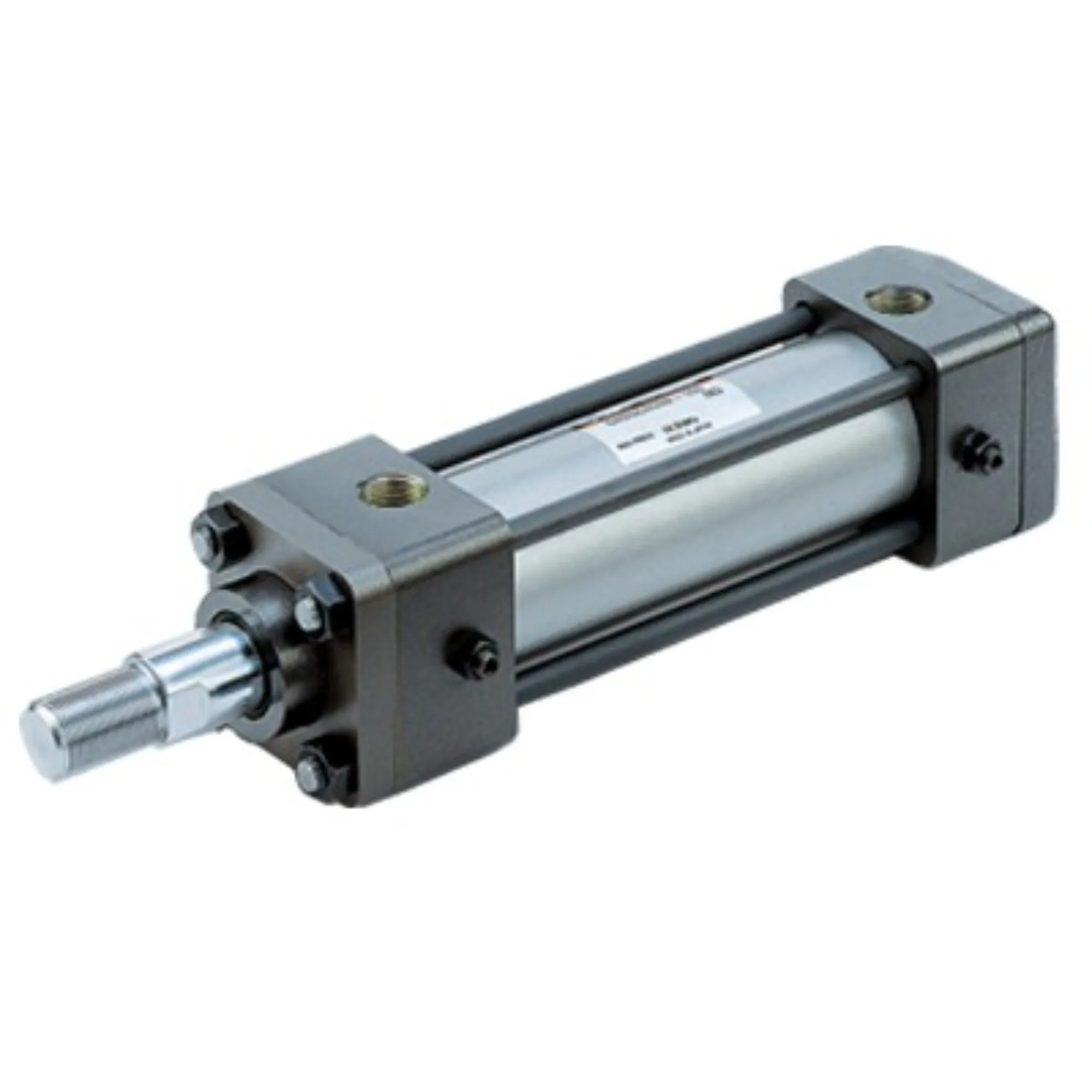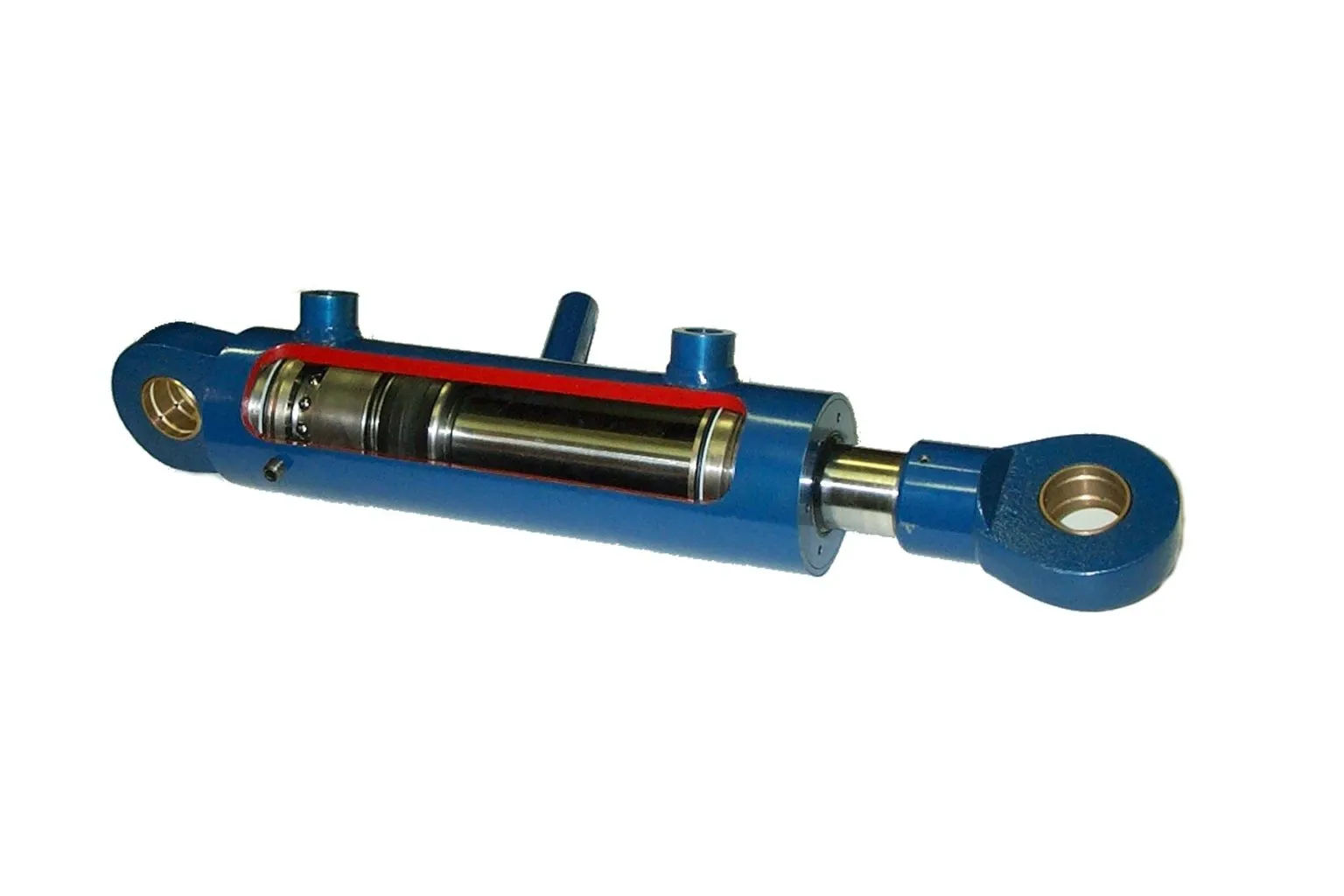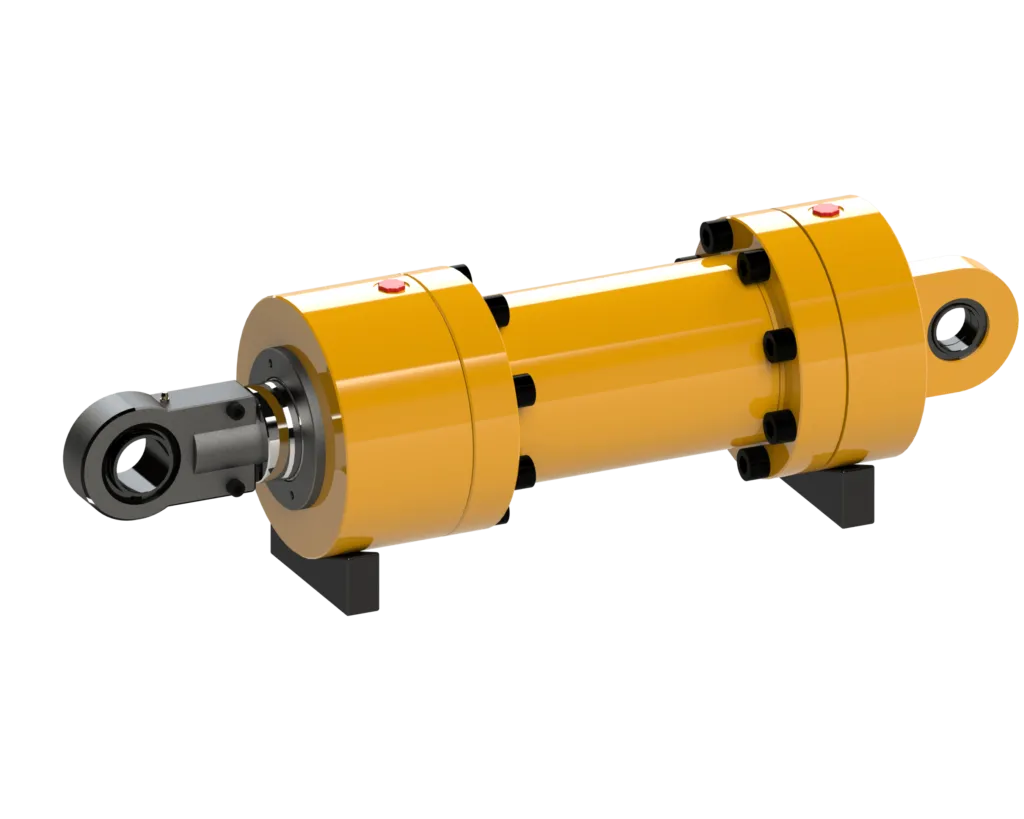

Introduction
In the world of hydraulic systems, the term “spring-return single-acting hydraulic cylinder” is a mouthful, but understanding its design and functionality is crucial for maximizing hydraulic efficiency. This hydraulic cylinder utilizes hydraulic oil to expand the piston, and when pressure is released, a built-in spring automatically retracts the piston.
Design and Construction Characteristics
- Single-Acting Structure: This cylinder operates in one direction via hydraulic oil pressure, with the return action dependent on the integrated spring.
- Spring Selection: The right spring must be chosen to ensure quick and complete reset after pressure release.
- Sealing Design: High-quality sealing materials are used to prevent oil leakage and ensure system efficiency and safety.
- Strength and Durability: Material selection focuses on strength to withstand high pressure, typically using high-strength steel.

Construction and Assembly Process
The assembly process requires precise alignment of components, especially the piston and cylinder block, to minimize friction and wear. Welding and mechanical connections must be robust to prevent leaks or breakage under pressure. Rigorous testing and debugging are essential to verify proper operation.
Working Principle
When hydraulic oil is pumped into the cylinder, it pushes the piston against the load. Upon pressure release, the spring mechanism retracts the piston to its initial position, completing the cycle.
Types and Configurations
Spring-return single-acting hydraulic cylinders come in various types and configurations, each tailored to specific applications. These include…
Key Benefits
- Safety: Automatic reset reduces the risk of accidents.
- Simplicity: Easy design minimizes failure points.
- Cost-Effective: Economical compared to complex alternatives.
- Flexible Operation: Adaptable for various applications.
Application Scenarios
These cylinders find utility in industrial machinery, automated assembly lines, construction equipment, agricultural machinery, automotive maintenance, and packaging and handling.
Design Considerations and Selection Criteria
When choosing a hydraulic cylinder, factors like bearing capacity, sealing, durability, safety, and maintainability play vital roles in system performance.
Sealing and Lubrication
Proper sealing with durable materials and regular lubrication maintenance are essential for optimal performance and longevity.
Regular Inspection and Maintenance
Implementing routine inspections and preventive maintenance measures can extend the lifespan of hydraulic cylinders.
Installation Guide
Correct installation is crucial for the efficient operation of hydraulic cylinders. Here are the steps to follow…

Maintenance Tasks
Regular inspection, proper lubrication, seal replacement, and calibration checks are key maintenance tasks to ensure the longevity of hydraulic cylinders.
Safety Considerations
Adhering to safety measures and considering environmental factors are essential when working with hydraulic systems.
Unit Power
The unit power of a hydraulic system is influenced by factors like system pressure, piston area, and spring characteristics.
Optimizing Hydraulic Power Unit
Enhancing the power unit’s design can lead to improved efficiency, energy savings, and enhanced reliability.
Common Questions
- How does the spring mechanism work in this cylinder? Answer…
- What are the main applications of these cylinders? Answer…
- What are the advantages of a spring-return design? Answer…
Long-Tail Keywords
1. “Efficient Spring-Return Hydraulic Cylinders: A Detailed Guide”.
2. “Enhancing Efficiency with Single-Acting Hydraulic Cylinders”.
3. “Maximizing Hydraulic Power: Spring-Return Cylinder Solutions”.
Company Focus
Our company specializes in manufacturing and distributing hydraulic cylinders, offering a complete product line for domestic and international markets. With a focus on professionalism, international certifications, customization, advanced production equipment, and comprehensive after-sales support, we aim to provide top-quality solutions.
Author: lyl
